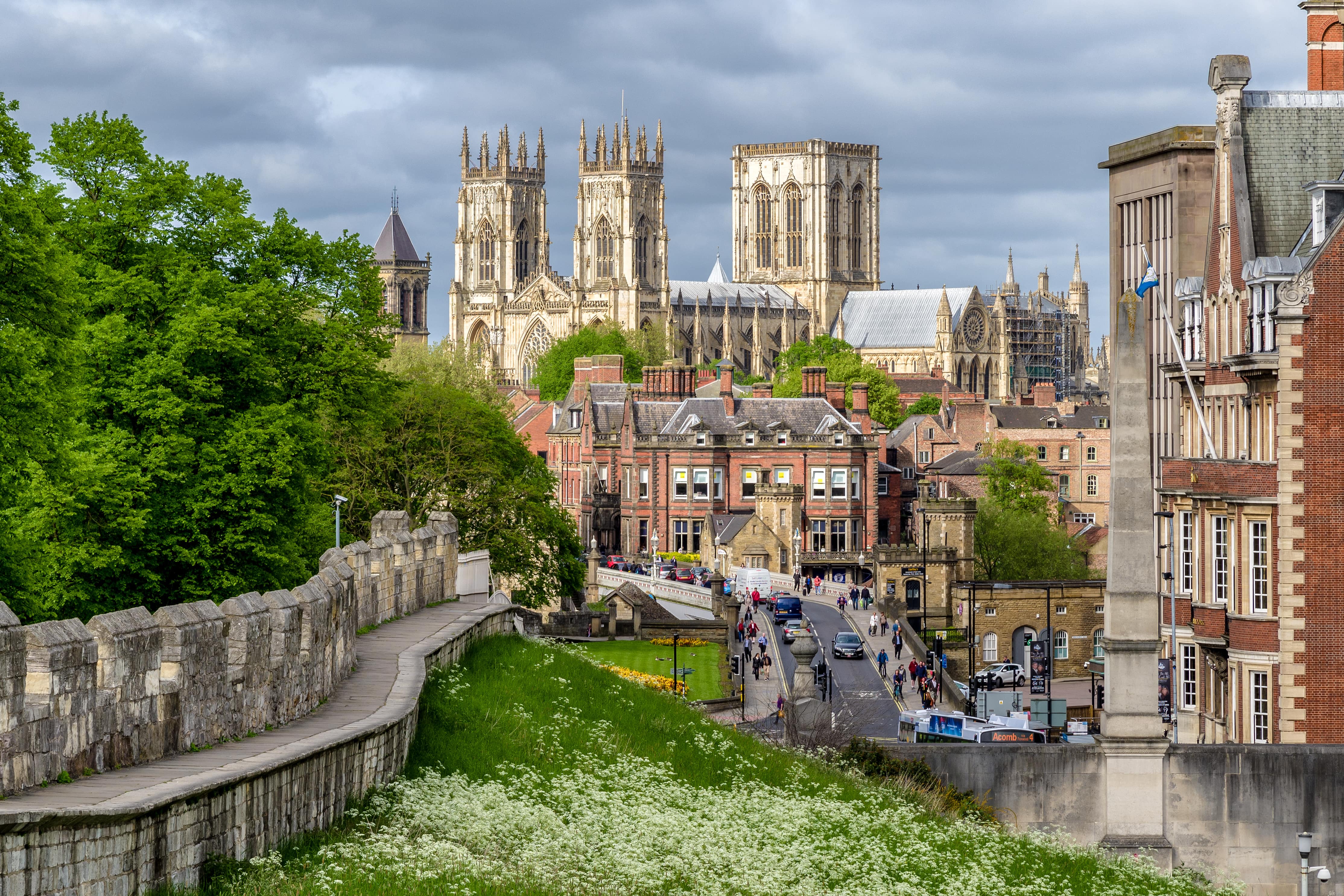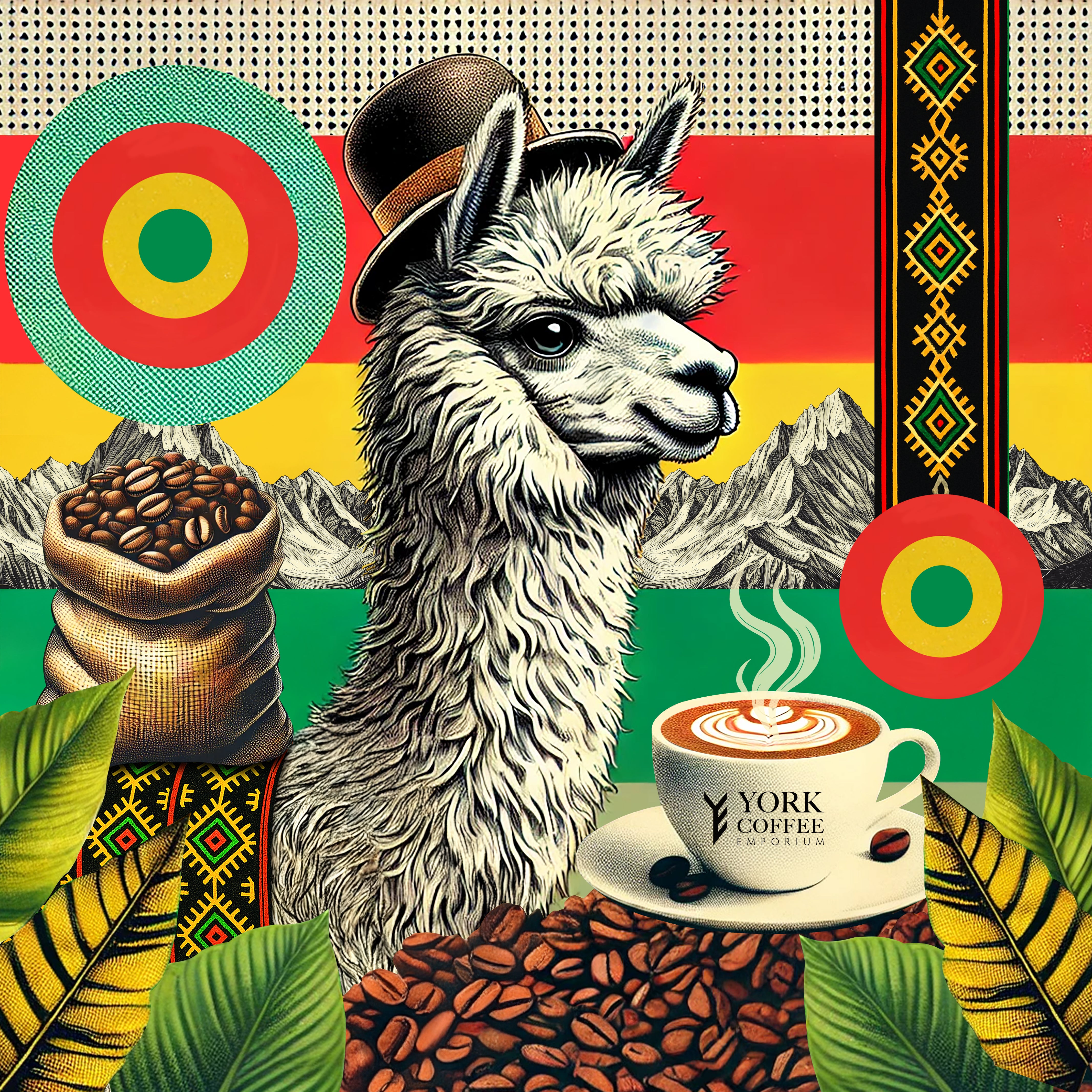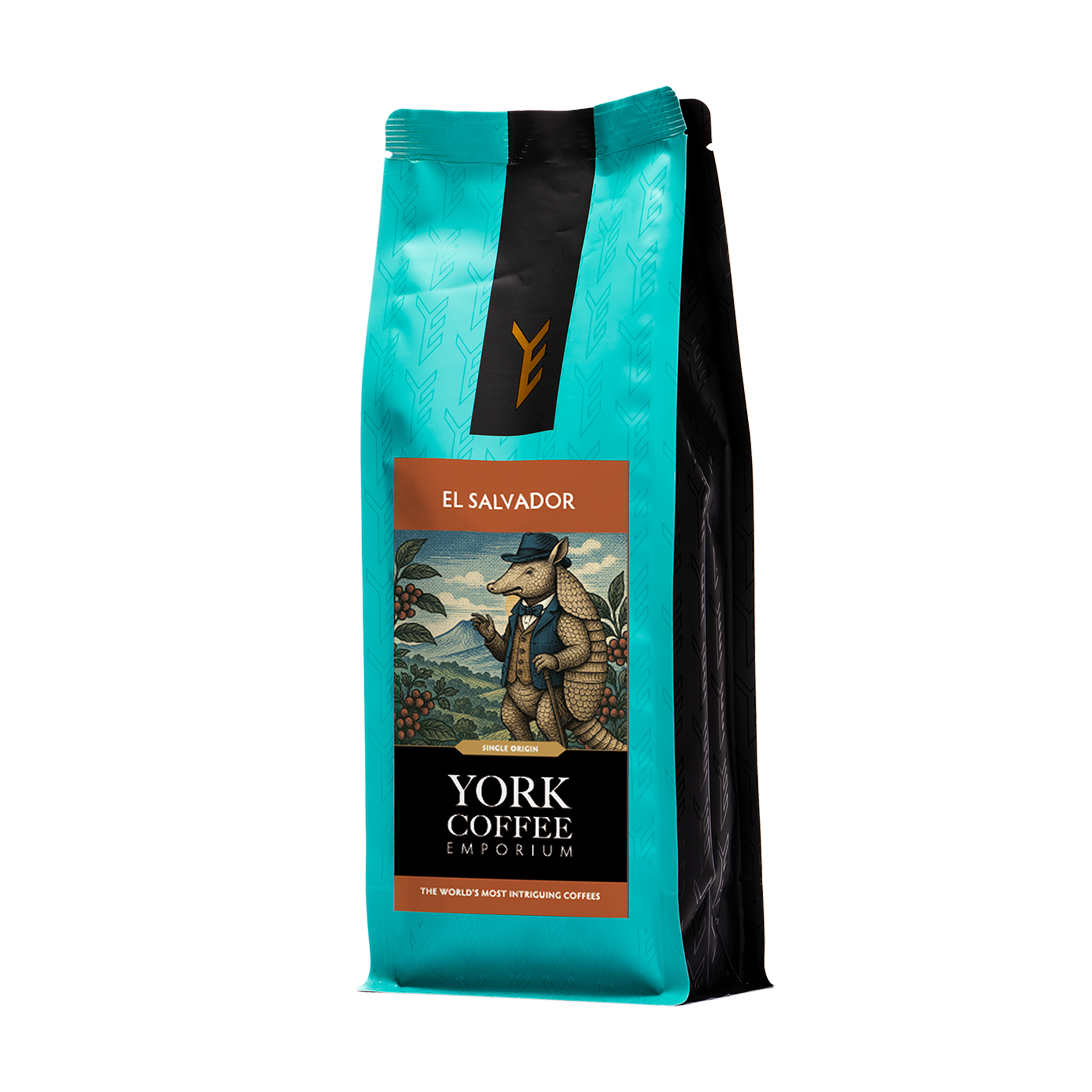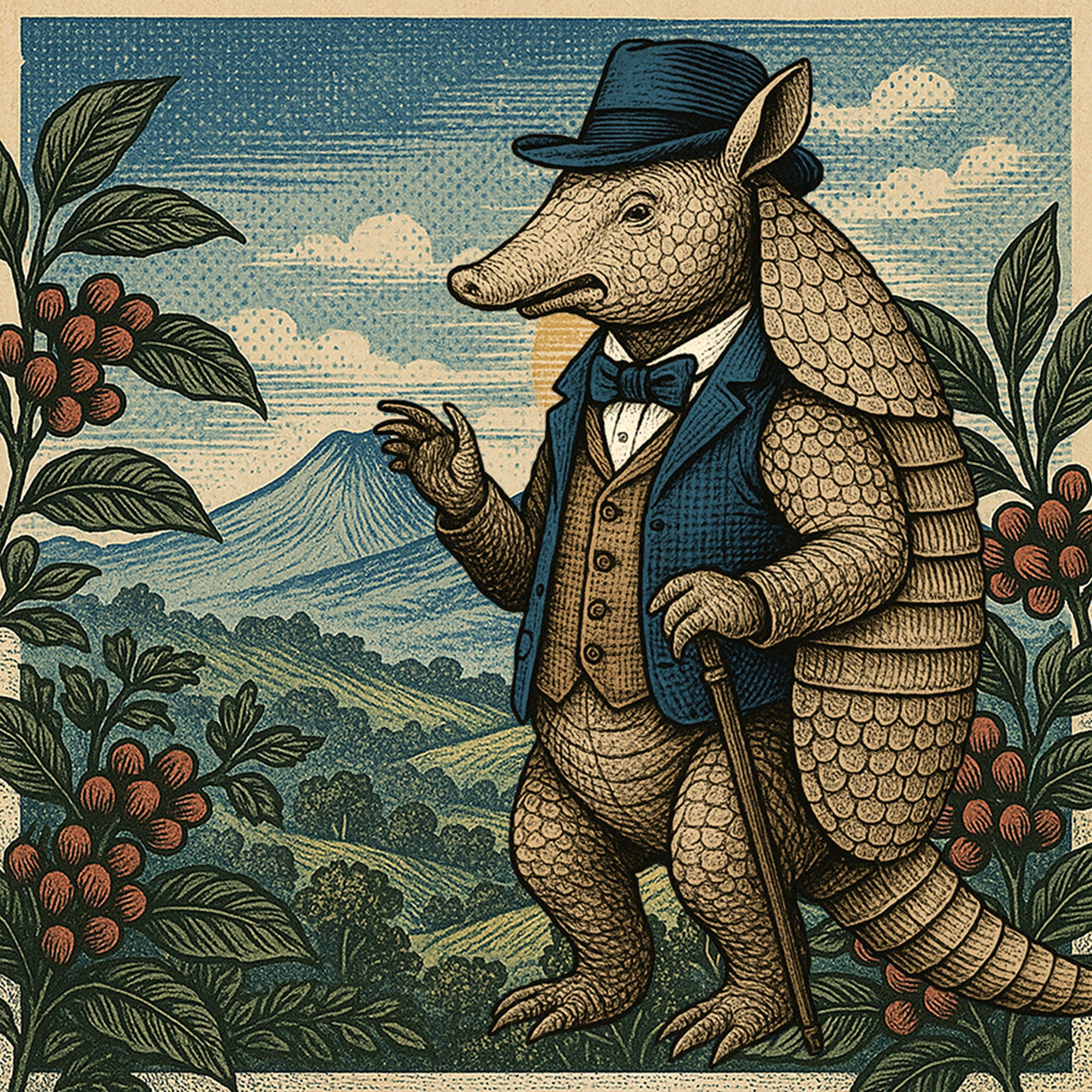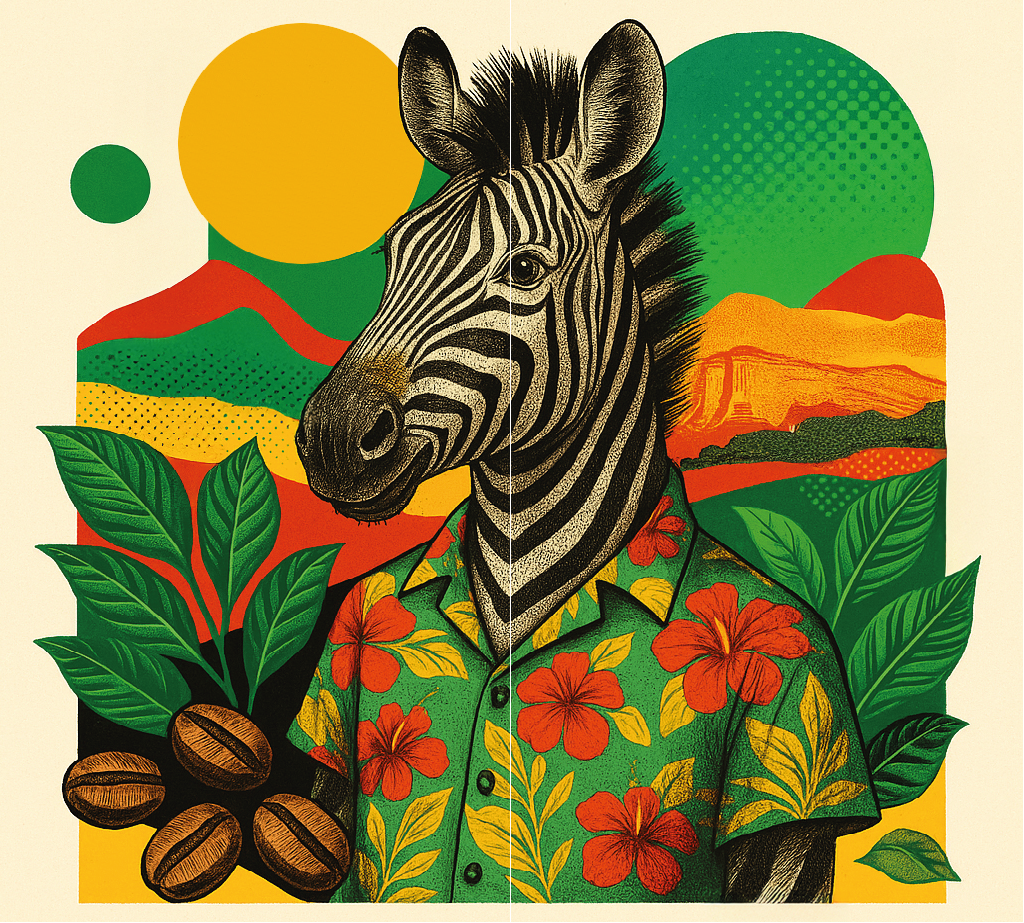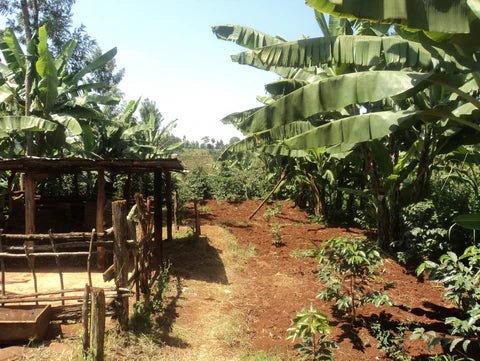
Exploring African Coffee
Africa is widely considered the birthplace of coffee, with Ethiopia being the origin of the Arabica coffee plant, as well as being biggest coffee producer in Africa. However, neighbouring countries like Rwanda and Kenya have also earned global recognition for producing some of the finest and most complex coffees available.
These regions, with their unique growing conditions, commitment to quality, and vibrant coffee cultures, have helped coffee grown in Africa to gain a well-deserved reputation among coffee lovers worldwide.
In this article, we will explore the origins of coffee from Rwanda and Kenya, the common flavour profiles, and what makes African coffee from these regions so special.
The Origins of Rwandan Coffee
Coffee in Rwanda has a more recent history than other coffee-producing regions. Introduced by German missionaries in the early 20th century, coffee quickly became one of Rwanda’s major export crops. However, it wasn’t until after the devastating genocide in 1994 that the country’s coffee industry truly began to flourish.
In recent years, the Rwandan government, in collaboration with international aid organisations, invested in rebuilding the coffee sector as part of its economic recovery. This led to a focus on high-quality, specialty-grade coffee, with an emphasis on small-scale, farmer-owned cooperatives. Today, Rwandan coffee is renowned for its meticulous processing methods and the excellent quality of its beans. Our own Rwandan coffee beans are delicious and boast fresh citrus notes.
The Origins of Kenyan Coffee
Kenya’s coffee-growing history dates back to the late 19th century when the British introduced coffee farming to the region. By the early 20th century, coffee had become one of Kenya’s key exports. Much like Rwanda, Kenya has developed a reputation for producing exceptional coffee, thanks to its ideal growing conditions and a strong emphasis on quality control.
Kenyan coffee is typically grown at high altitudes, where the cooler temperatures and rich volcanic soil provide the perfect environment for Arabica coffee plants to thrive. Kenya’s coffee industry is also well-organised, with a cooperative system that ensures farmers receive fair prices for their high-quality beans. York Emporium's Kenyan coffee is a light roast with red fruits and caramel.
Common Flavours of African Coffee: Rwanda and Kenya
Coffee grown in Africa, particularly from Rwanda and Kenya, is known for its bright, vibrant flavour profiles and pronounced acidity. While Ethiopia holds the current title for the biggest coffee producer in Africa, Rwanda and Kenya are quickly developing their own followings. Each country, and even regions within the countries, offers a unique array of taste experiences.
Bright Acidity
One of the most defining characteristics of both Rwandan and Kenyan coffees is their bright, lively acidity. This acidity is often described as "juicy" or "wine-like," giving the coffee a clean, crisp finish. Kenyan coffees, in particular, are famous for their intense acidity, which can range from citrusy to berry-like.
Fruity and Berry Notes
Both Rwandan and Kenyan coffees are known for their fruit-forward profiles. In Kenyan coffee, you’ll often find flavours of blackcurrant, red berries, and even tropical fruits like passionfruit or pineapple. Rwandan coffee tends to offer more stone fruit and citrus notes, such as peach, apricot, and lemon.
Floral Aromas
Another common characteristic of Africa coffees, particularly from Rwanda, is their floral aroma. Coffees from this region may carry hints of jasmine, rose, or even hibiscus, which add an elegant complexity to the cup.
Tea-Like Body
While many coffees around the world are prized for their full-bodied richness, Rwandan and Kenyan coffees tend to have a lighter, more tea-like body. This makes the coffee feel clean and refreshing on the palate, allowing the bright acidity and fruit flavours to shine through.
Balanced Sweetness
Despite their pronounced acidity, both Rwandan and Kenyan coffees often exhibit a natural sweetness. This sweetness can manifest as caramel, honey, or brown sugar, perfectly balancing out the coffee’s lively acidity and complex fruit flavours.
What Makes African Coffee from Rwanda and Kenya Unique?
African coffee, particularly from Rwanda and Kenya, stands out on the global stage for several reasons. The unique growing conditions of coffee grown in Africa, as well as the dedication to traditional farming methods and a focus on producing high-quality, specialty-grade coffee, contributes to its distinctiveness, which is why they’re considered to be among the best coffee in Africa.
High Altitudes and Volcanic Soil
Both Rwanda and Kenya benefit from high-altitude growing regions, often located on volcanic soil. These factors contribute to the unique flavour profiles of the coffee. The cool temperatures and nutrient-rich soils allow the coffee cherries to ripen slowly, which in turn leads to a more complex and nuanced cup.
Meticulous Processing Methods
In both Rwanda and Kenya, coffee is often processed using the washed method, which removes the fruit from the coffee bean before drying. This method helps to preserve the coffee’s bright acidity and clean flavours, making it easier to detect the subtle fruit and floral notes that these coffees are known for.
Farmer-Owned Cooperatives
Many coffee farms in Rwanda and Kenya are small, family-owned operations that are part of larger cooperatives. These cooperatives play a critical role in ensuring that farmers receive fair prices for their coffee while also maintaining high-quality control standards. The cooperative system also fosters a strong sense of community and shared commitment to producing top-tier coffee.
Sustainable and Ethical Practices
Like many coffee-producing regions in Africa, both Rwanda and Kenya have made strides in promoting sustainable and ethical coffee production. Fair Trade and Rainforest Alliance certifications are common in these regions, and many farmers are committed to preserving the environment through organic farming practices and reducing water usage during coffee processing.
Distinctive Regional Varieties
Each region within Rwanda and Kenya has its own microclimate and soil composition, which can significantly influence the flavour of the coffee. For example, coffees from Rwanda’s Nyamasheke region are known for their delicate floral and citrus notes, while beans from Kenya’s Nyeri region are celebrated for their bold, berry-like flavours and vibrant acidity.
Buy African Coffee from York Emporium
Rwandan and Kenyan coffees represent some of the finest examples of African coffee, known for their bright acidity, fruity and floral notes, and meticulous attention to quality. The high-altitude growing conditions, sustainable farming practices, and rich cultural traditions behind coffee grown in Africa has made them a favourite among speciality coffee lovers.
Whether you’re seeking a clean, tea-like coffee with delicate floral notes or a bold, fruity cup with vibrant acidity, York Emporium's African blends offer an unparalleled coffee experience. Each sip tells the story of the hard work, dedication, and artistry of the farmers who produce these extraordinary beans, making the varieties we stock among the best coffee in Africa.






